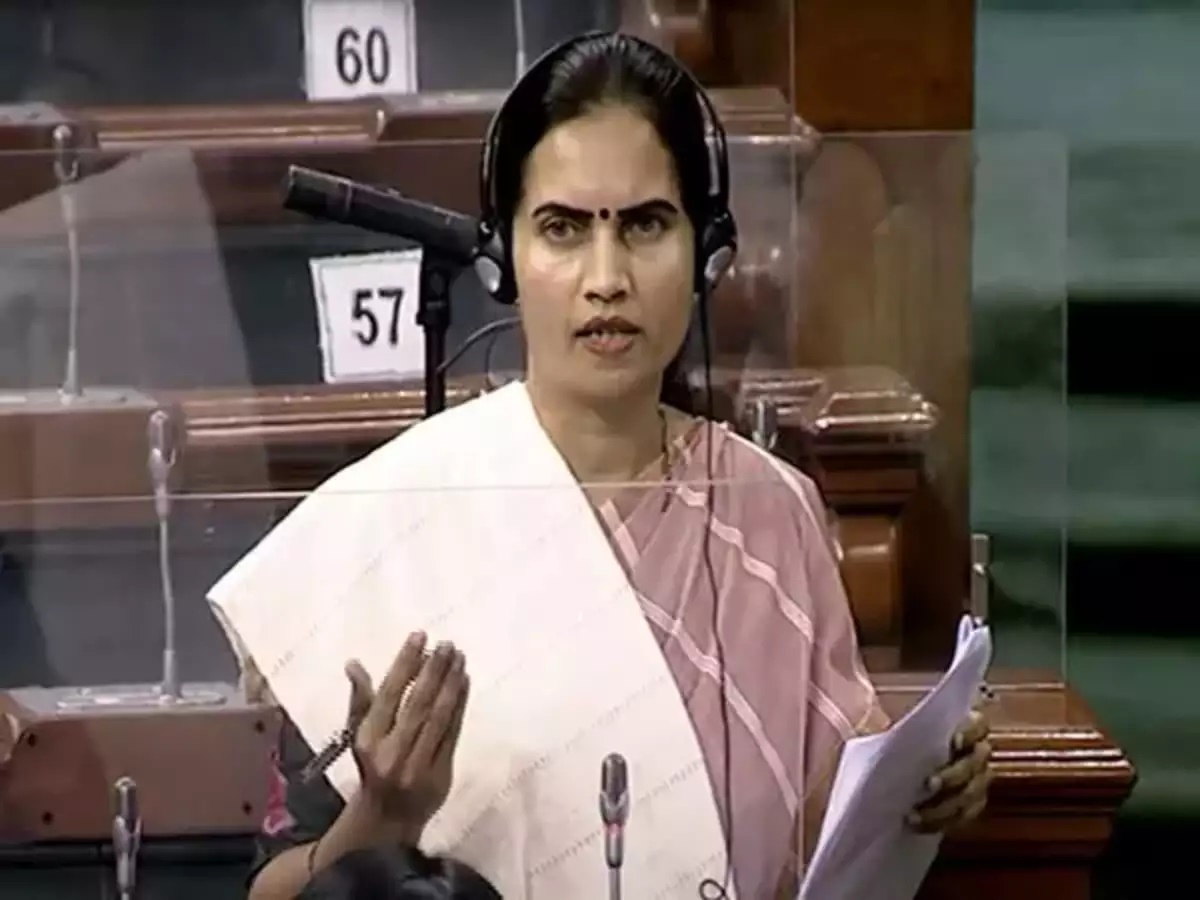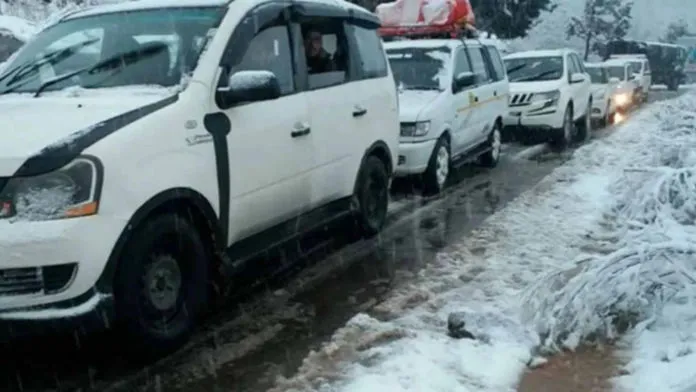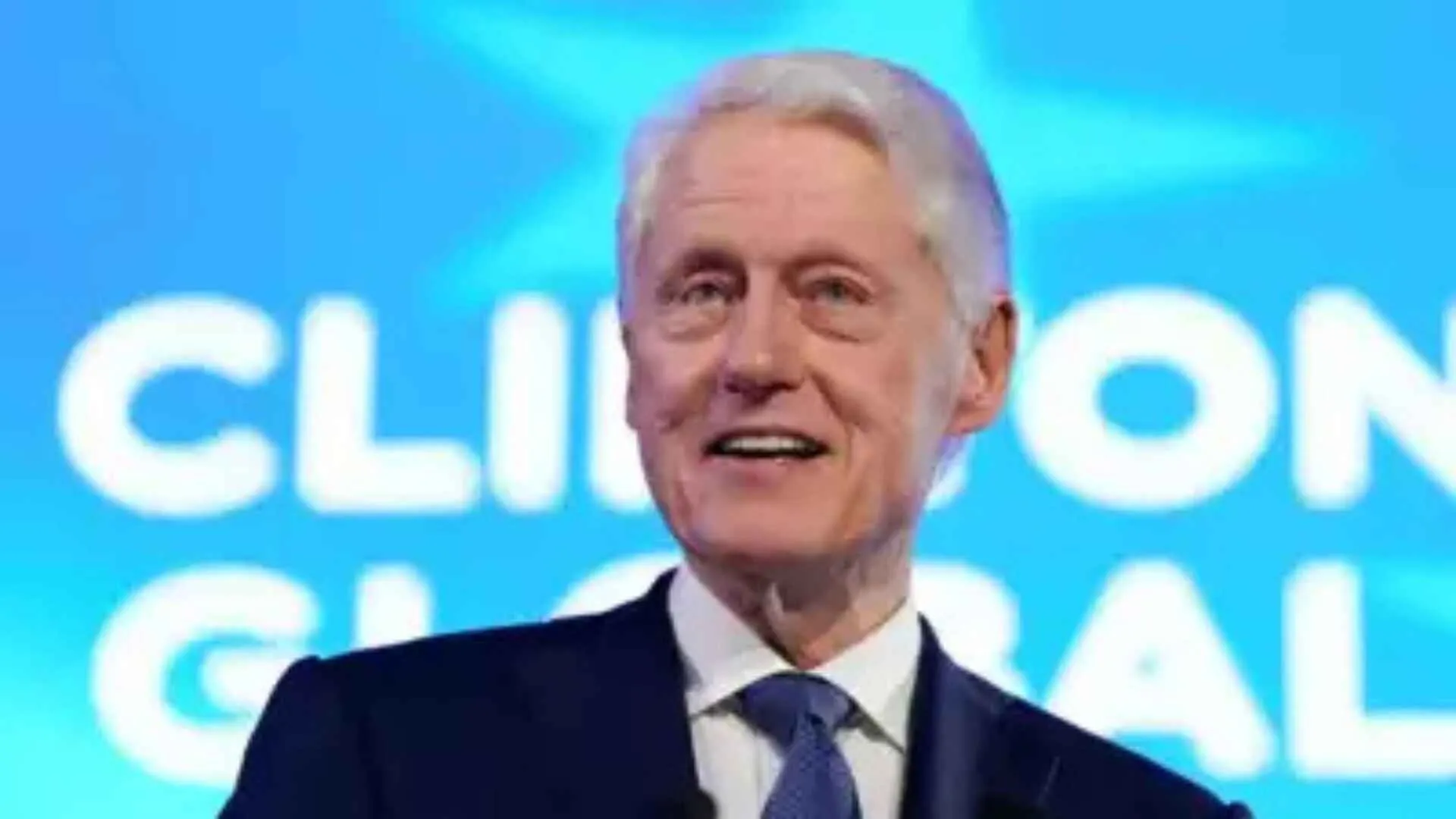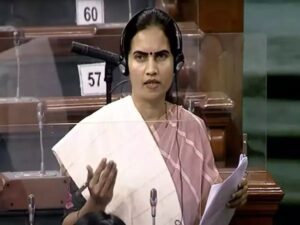Now, in the draft of Haryana Government’s proposed Haryana Dead Body Respect Bill (2023), there is a preparation to curb the arbitrariness of the hospital operators. Out of respect for the dead body, the hospital operators cannot forcefully keep the dead body in case the treatment bill is outstanding.
After the objection of State Home and Health Minister Anil Vij, a special provision is being made in the bill. The first draft of the bill included aspects of blocking the road by placing a dead body. However, recently Home Minister Anil Vij had raised objection to the bill.
Vij says that it is necessary to gather practical information before bringing such a bill. One should study the state where this law is applicable. It should be revealed what difference the implementation of the bill has made.
According to Home Department officials, the intention behind bringing this bill is to ensure the dignity of the dead body. It is being included in the draft of the bill that it is legally wrong to harm the dignity of someone’s body after his death. Due to which hospital operators are also being restricted in this. Many such cases come to the notice of the government in which when a poor person dies, his dead body is withheld due to lack of money.
Despite all the requests from the family members, the hospital operators remain adamant for the money. In case of blocking the road by keeping the dead body, the responsibility of performing the last rites of the dead body will be given to the administration.The bill prepared by the Home Department has been said to stop the increasing incidents of road jams in the state. It has been said in the proposed bill that its implementation will curb demonstrations with dead bodies in public places as the provision of fine along with punishment will be fixed in it.
There is already a Supreme Court guideline against blocking the National Highway. In such cases, the police register a case, but in most cases of blocking the road with a dead body, the police seem helpless. This is because the protesters often have the support of the local community, and the police are reluctant to use force to disperse them.In this bill, Rajasthan has been cited as an example. Under the said law in Rajasthan, there is a provision of 2 years’ imprisonment for blocking the road by keeping a dead body.
Not only this, a punishment of 5 years has been fixed against the politicians who instigated the protest by participating in the protest with the dead body. If they protest on the road with the dead body for various demands, they can be punished with imprisonment of up to one year and fine.
Under the Dead Body Respect Bill, DSP and SHO will be given powers to get the dead body cremated on time in the presence of the Magistrate at their level. Although the family members will be persuaded by the police officers before performing the last rites, if this does not happen then they will have full right to perform the last rites.
Earlier, this issue was also raised in the Rajya Sabha by MP Kartikeya Sharma, in response to a question asked by MP Kartikeya Sharma regarding the withholding of dead bodies by hospitals in lieu of non-payment of bills.
Answering the question in the House, Minister of State for Health and Family Welfare Bharti Pravin Pawar said that the chapter on patients’ rights is approved by the statutory body National Establishment Council under the Clinical Establishment Act 2010.The hospital cannot refuse to release the dead body of a patient for any reason. The appropriate charter has been shared with all the States and Union Territories for adoption and implementation, so as to redress the complaints and issues of the patients while ensuring a fair and cordial environment in the clinical establishments. The State or Union Territory Government takes appropriate steps for the protection of the family of the deceased in cases of exploitation by hospitals.
The adoption and implementation of, and monitoring of, the provisions of the Patient Rights Charter is within the scope of the respective State Assemblies. Information in this regard is not maintained centrally.








